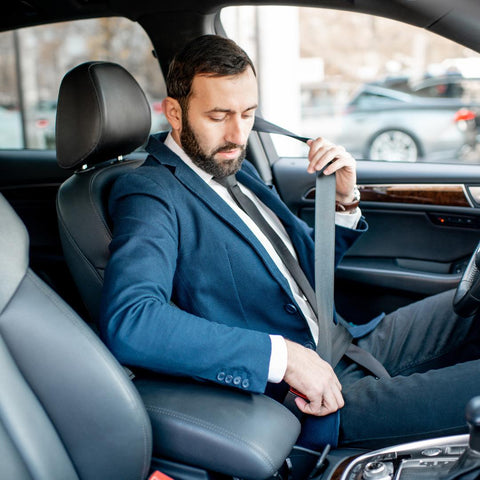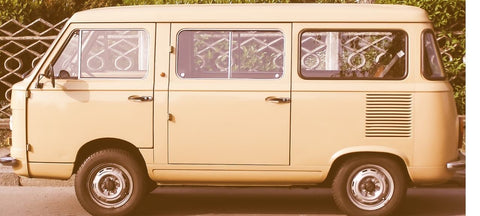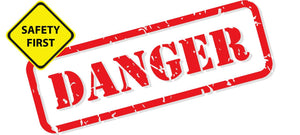Excluding current world conflict and natural disasters. Do you think we are safer now in our daily life than our parents?
Have lawsuits, litigation, and lack of accountability driven us to the lowest common denominator of stupid?
Offended? For example, the user manual for a 1976 Ford told you how to tune the carburettor, today it tells you not to drink the battery fluid, and if it didn't explicitly state that, no doubt someone would try taking Ford to court for something.
I used to go on family holidays as a kid, sitting in the back seat, with no seatbelts, sometimes sleeping on the back ledge above the back seat, 10-hour trips, no problem, no iPad, no Netflix.
The point is, was my dad a bad father? No, I believe he didn't know any better, that was the way things were done, and safety equipment and related research was in its infancy. Fair enough.
Next question is, did he drive more carefully as a result? Was he cognisant of the fact that he needed to drive more carefully?
Think about your car, side airbags, crumple zones, and seat belts. Even the most basic models have significant safety features, ANCAP ratings, etc. Would you have your family in anything else?

What about your hobbies? Your sports? Every activity now has safety accessories, helmets, mouth guards, goggles, and elbow/knee guards and more, all to reduce the potential risk of injury or death. Keep in mind the early days of the Tour De France, they didn't wear helmets.
With all these safety features and accessories, keeping us safe, or at least helping us feel safer, or that we are doing the right thing. Do we take more risk as a result? This is called risk compensation, and studies in Canada found cars pass closer to cyclists wearing helmets as the perceive them to be more "protected". Bizarre.
Risk is becoming a luxury item?
This is the question asked in the Freakonomics podcast embedded below. From footballers to cars and the stats on injuries.
So, if we feel safer in our cars, at work, and doing what we love, do we feel safer about our health, a false sense of safety that is?
Is your health "safer", than your dads?
Who exactly are you going to hold accountable if your health is not safe?
We are told it is OK to be overweight, lest we offend. But is it?
Do we take our health for granted?
Is it OK to eat and drink whatever we want, and risk a chronic condition? Are there enough procedures, drugs, and supplements that will keep us safe? If you listened to the podcast, definitely some food for thought. (Excuse the pun).
We might be safer in our cars, and I can relate to this. Maybe I do have a false sense of security and drive a little faster. I would travel slower or be more conscious of it if I had an older car with no airbags for example.
I know this because I rented a van from Bunnings a week or 2 ago to take rubbish to the tip. I definitely didn't feel as safe as the car I drive daily. Had my son with me and I did drive slower, concentrated more, and went slower to the extent that my son asked me why we were driving so slowly.

Our health is on us. Sure, modern health can deal with or treat diabetes, and heart disease and even give you drugs to lose weight. For me, this is about quality of life, later in life. Invest in yourself now and reap the longer-term reward.
Have you thought about the safety of your longer-term quality of life.
Research study in Australia.
In research done in Queensland and South Australia with 1,529 participants to consider- Health consciousness,
- Health status and
- Health care utilisation.
Finding was that health consciousness is relatively low compared to international benchmarks.
Most health-conscious group were female, and single. (South Australians), had poorer physical and mental health and used more healthcare.
Overarching theme was, and to quote:
"She'll be right mate"
Until their health status or some exposure to the health system changes all that. So apparent apathy when it comes to health. (1).
Further research showed a trend of delayed help seeking with respect to men. Traditional masculine behaviour is an explanation for the delays when illness is experienced. More research needed into triggers and barriers associated with seeking help. (2).
Bottom line when it comes to men's health is we don't always act. Whether we feel safer, are too tough to complain or just couldn't be bothered is uncertain. Don't be that guy, in fact, get proactive.

